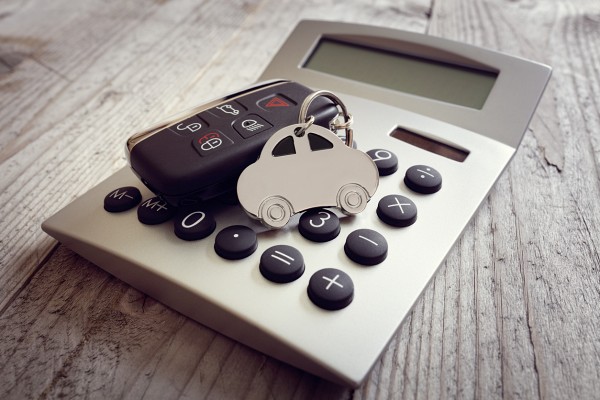
Why Car Payments are Not Good for Credit
Do you want to improve your credit score? A car loan can seem like the perfect solution, but there are many financial reasons why this is not a good idea. In this blog post, we will explore how car payments hurt credit and what other options are available for those looking to build credit.
Car payments are not credit-building
It's common knowledge that leveraging credit is important for establishing a good credit score. While this may be true, car loans are not the best way to improve credit-worthiness. One of the most common credit myths is that taking out car loans is good for credit. This isn't true and can even be harmful to your credit score.
Here's why: When you take on a loan, it shows up as an obligation in your credit report. Each car loan has a monthly payment amount and percentage of responsible use over time.
While there are many factors credit issuers consider when granting you credit, one of which is your debt-to-income ratio. It's important to maintain a credit score in the 700s for maximum creditworthiness - anything below that will result in higher interest rates on loans, as well as stricter rules
As most credit scores take credit obligations into account, this means that if you have a car loan, your credit score can be impacted negatively if your debt-to-income ratio and obligations are too high.
The financial harms of car loans
Car loans are often promoted as credit-building tools. But the truth is, they can actually do more harm than good. Car loans can be severely detrimental to your credit, especially if you're living paycheck to paycheck and have a credit card balance and/or student loan debt.
There are several reasons that car loans can be bad. First, with a car loan, you are typically paying for the depreciation on the car before you even drive off the lot. Additionally, depending on your existing credit, car loans can have high interest rates making them difficult to pay off.
How to build credit without a car loan
So what's a credit-seeker to do? Every credit obligation should be considered carefully before taking on a car loan. If the credit obligations are too high, then you may want to think about other ways of building credit that don't involve borrowing money at such a high interest rate.
How else can I build credit?
The easiest way to start building credit is by getting a credit card and paying it off regularly. If you don't have credit, there are also credit cards available for those with no existing credit history.
If you have existing debt, the best strategy is to focus on ways to pay off or consolidate your existing debt.
Lastly, if you are in need of a car but don't want it to hurt your credit score through a car loan, look for an auto lease or rent-to-own option that will not affect credit scores.
While car payments may seem like a great credit-building strategy, car ownership can do more harm than good through increased debt obligations and high-interest, long-term loans. Before jumping into a new car loan, focus first on eliminating existing debts or sign up for credit cards or other credit-building options to avoid the pitfalls of car loans.